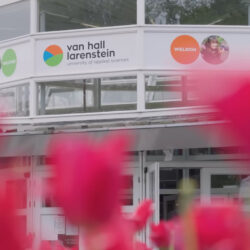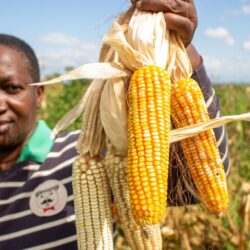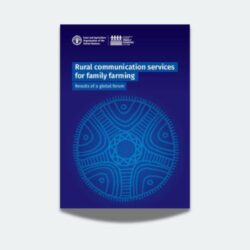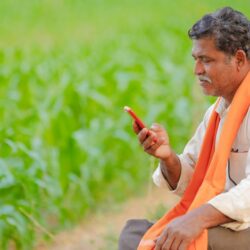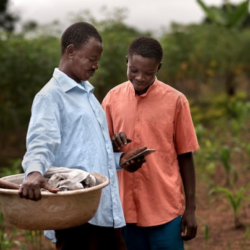ComDev in Action: Building Sustainable Futures in the Netherlands
Communication for Development (ComDev) is essential to inclusive and sustainable change. By fostering dialogue, sharing knowledge, and amplifying community voices, ComDev helps bridge gaps between local realities and policy decisions. It enables farmers, fisherfolk, and rural stakeholders to access information, participate in decision-making, and co-create solutions that improve livelihoods. As the world faces climate challenges, food insecurity, and social inequality, ComDev offers a pathway for people-centered development where communication is

